Viewed Aslant
by Kendrick Loo
Review of Shangyang Fang’s Burying the Mountain (USA: Copper Canyon Press, 2022).
Shangyang Fang first came to America not to write poetry but to study civil engineering. Born in Chengdu, China, he arrived in America at 17 with little ability to understand English, let alone speak or write it. Nonetheless he began writing poetry, he recalls, one wintry Illinois night: a tracing of the movement of snowflakes falling beside a streetlamp. After completing his undergraduate degree, he became a poetry fellow at the Michener Center for Writers. There he wrote most of Burying the Mountain, a collection structured by a translation of Du Fu’s Deep Winter.
Fang’s relationship with poetry originated in China. Speaking with Victoria Chang, Fang shared that his grandfather was an agricultural scientist who wrote poetry and taught Fang to recite classical Chinese poetry. Fang composed his early poems by mimicking classical forms and meters, but in middle school, he had a revelation when he read a translated anthology of Lorca, Celan, and Rimbaud. His writing style changed to employ modern styles. This sensibility is evident in Burying the Mountain, which is replete with references to writers like Trakl, Akhmatova, and the late Brigit Pegeen Kelly. That said, echoes of Chinese poetic traditions remain in his writing. Fang populates his poem “Chronicles on Disappearance” with absences, emptiness, gaps, and avenues of escape:
There are seven sadnesses that don’t belong
to men. Seven cicadas make one motorcycle,
testing its engine in the dark. Everyone lugs
their sorrow in their boots. Everyone
a half-open kitchen window, with souls sultry
as boiled meat …
While the images draw attention, it is the poem’s foregoing of personal pronouns that erases the distinction between speaker and reader. Sinologist Francois Cheng explains this stylistic trait in his book Chinese Poetic Writing, noting that the elision of grammatical elements such as pronouns, prepositions, and comparatives is a standard feature of classical Chinese poetry: “In erasing itself, or rather in choosing only to imply its presence, the subject interiorizes the exterior elements.” Rather than giving a clear referent (“I”) for a reader to project onto, the poem collapses the space between speaker and reader, immersing both within the poem’s world. The poem also avoids time markers like today, tomorrow, or next month, which usually orient readers into particular relationships with the text. Their absence blurs the lines between the past, present, and imagination.
In “Chronicles”, Fang enchants via associative images. Midway through, he strikes the reader with a Celanian line – “Invalid are all objects, / closed to sorrow.” Certainly, we can see parallels between Celan’s hermeneutical poetics and Fang’s alertness to language. Likewise, in the poem “轰隆隆Is the Sound of Thunder”, Fang introduces onomatopoetic Chinese words (transliterated “Hōng-lóng-lóng”) into an English poem, recognizing that sound itself is a cleaner evocation of reality. The poem invites readers to engage with onomatopoeia, even if the reader is unfamiliar with the Chinese script.
Occasionally, Fang introduces himself as a focal point for the accumulation of meaning. Readers keen on autobiographical poems would enjoy “Foretaste of Disaster”—an ekphrastic reading of van Dyck’s famous painting of Icarus’ fall—which closes with a personal question:
But if & when Icarus
survives his drowning …
… who
will untie the blue thread from his chest? Who
will save me? Come to change my life?
Up till the midpoint of the poem, Fang focuses on Icarus as the key subject, casting the boy as a “trespasser or cross-dresser, […] punished for his pride”. The poem closes, however, by turning to Fang himself, comparing Icarus’ miraculous survival to Fang’s own in America. The transmutation of Icarus’ myth into biography imbues Fang’s questions with a timeless quality.
Another poem, “Satyr’s Flute”, is more direct: in a dream the poet recalls preparing a goat’s penis for a meal his mother is cooking. The dream turns surreal as the severed organ starts to cry, foregrounding the poem’s turn from imagination to memory:
How, in heaven’s name, can a mind bear to lose a part
of its form and stomach the loss as a thought?
The thought of a penis, being nothing otherwise,
is not a penis. How my mother once saw
Me with a boy. How she said, no. The n preceding
The choir of the o is like a castration
That severed me from her …
Not all poems, however, are as balanced in their unpacking of the personal. “Fish”, which recounts a memory of cooking soup, loses its internal momentum as it dives into the history of the soup’s ingredients and a medieval torture method of flensing flesh until the victim dies. The poem recedes further into memory as Fang recounts his participation in Tsethar by releasing captive fish. Fang recalls one small fish, which he stroked “until it learned / everything about the water, everything / about leaving.” The poem, which begins with a declaration that it is a sin to consume fish soup, doesn’t quite integrate its interlocking memories and facts. They evoke various moods of comfort, violence, and mercy, but their associations feel disconnected from a larger point.
Long poems are often opportunities for an extended meditation where ideas are built and interrogated. “A Difficult Apple” enacts a playful inquiry into the ontological significance of an apple—weaving in biographical details of Mozart, Rostropovich, and Solzhenitsyn, as well as Fang’s own experience of kissing a boy at university. Fang’s comfort in invoking Western influences is evident, but his references to Chinese thinkers, poets, and painters are restrained. For example, “Meditation on an Authentic China”, one of the collection’s longest poems, begins with a clever sequence of wordplay on porcelain china. Fang then juxtaposes the narratives of two fictional children, working-class Hu and American-born Hugh, bound for Princeton. Each boy is given nearly two pages of biographical details. But, when the poem allows their lives to intersect, comparisons between America and China inevitably arise:
Though Hugh
will never know why, he will return to the flea market
each Sunday, & he will never find the china, not even
a fragment, & he will look at his palm & imagine
his touch has become its last remains. & Hu will return
to his rancid creek & hopeless village, to his desk lamp
& cold noodles & the tombs of his father & sister, who died
of giving birth to a daughter whose first name is I,
Which means love. Hugh & Hu will continue to return to find
grief, find loss an inspiration that unknots this fabrication
of self & we will follow them
The poem feels forced in this comparison of material conditions. This is not to suggest that Fang ought to write more about his own biographical background. But one unintended result of avoiding such poems is that the remaining poems bear a heavier representational burden. Readers expect them to present ‘authenticity’.
One wonders if perhaps Fang feels the pressure of the confessional “I” and of the reader’s expectations of neat, legible autobiography. The confessional movement, with its forerunners in Sylvia Plath and Anne Sexton, has popularized a still-potent form of poetic autobiography. Parul Seghal, a critic for the New Yorker, has written that in contemporary poetry “trauma trumps all other identities, evacuates personality, remakes it in its own image”. Much poetry criticism—mine included—contributes to this desire for authentic but neat forms of trauma when we atomize and describe, with exacting detail, what makes something work. Although analysis is the job of a critic, Fang remains at odds with the need to define his experiences. In “Reliquary Evening”, a poem that echoes Celan and Heaney, Fang digs into the “untranslatable world” of writing. This digging, however, falters as images proliferate and he finds himself misinterpreting the experience he is trying to capture “like a dull literary critic”. The speaker confesses:
… He knows
it is not the world that is untranslatable but himself—
his hands mutilate
into fingers, into touch—
himself being his own object for observation, his feelings
are less than a joke.
If he is to be flattened
on the page, he doesn’t want to be a word, not even moon
or rose, their quiet, scentless
Resemblance to vanity.
He wants to be an equation, logical, cold, its vigilant gaze
knowing precisely its own destiny.
Fang’s speaker gestures at a current issue, where publishers seek to tick the checkbox of diversity only to end up with books filled with the same stories, images, and ideas. In a 2022 study, Anamik Saha and Sandra van Lente interviewed 113 individuals working in UK publishing to find out how publishers develop commercial understandings of diversity. The study found that publishers tend to “reproduce formats or formulas that they know worked in the past”. Further, a majority of respondents of colour felt that authors of colour “had to fulfil certain—or indeed racialized—expectations of white middle-class editors to get a publishing deal”. It is refreshing that Fang’s collection does not bow to these pressures. Delightful, too, to chance upon a poem like “A Bulldozer’s American Dream”, which displays enviable imaginative range. The poem ends with a juxtaposition of the bulldozer and the man who operates it, activating ideas of extractive capitalism, human-machine relations, and pleasure:
Some evenings, the man leaves the construction site
for steaks & candles & wine thick as plagued blood,
musing the neck of his wife, whose good flesh
is continuous as his dreams in which the earth
will never betray him, for he is its filial son,
competent as his duty: Fill the earth & subdue it.
Then the machine, without its master, lowers its bucket
in rain. Then through the hard latticework of this city,
its metal drilled by a known silence. It hurts to look at it.
A sad thing. The machine still is not a part of anything.
The man who operates the bulldozer achieves the titular American dream—a form of imaginary utopia. He enjoys the fruits of his labour (“steaks & candles & wine”), is in a loving heterosexual relationship, and is comfortable in his role as master and subjugator of earth. Though the earth remains silent in this poem, the bulldozer has a limited autonomy and, “without his master, lowers its bucket / in rain”. The machine, a “sad thing”, participates in extraction but does not have a place in the hierarchy of man and nature. Amid the easy distrust of technology in which we live, Fang demonstrates a rare empathy by arguing that we have to care for the things we use for our own ends. It is a compelling argument.
As with many of his poems, Fang ends by looking at the world aslant. To draw a parallel with Celan, who wrote in a world where Jews were reduced to mechanical labour before they were disposed of by it, Fang writes movingly about the struggle for human feeling and pleasure in an age of mechanisation. Like Celan, he writes at the edges. He is interested in exploring not the solely personal and confessional but the greater mysteries. The collection benefits from this impulse.
Kendrick Loo (he/him) is a poet and reviewer based in Singapore. His poetry has been published in fourteen poems, Moist Poetry Journal, and Sundog Lit, among others. His poem, "laundry", won the Desmond O'Grady International Poetry Competition 2022. He occasionally posts on Twitter and Instagram at @stagpoetics.
If you’ve enjoyed reading this article, please consider making a donation. Your donation goes towards paying our contributors and a modest stipend to our editors. Singapore Unbound is powered by volunteers, and we depend on individual supporters. To maintain our independence, we do not seek or accept direct funding from any government.

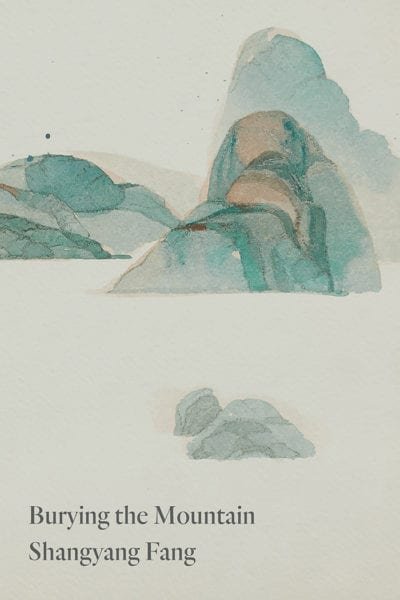
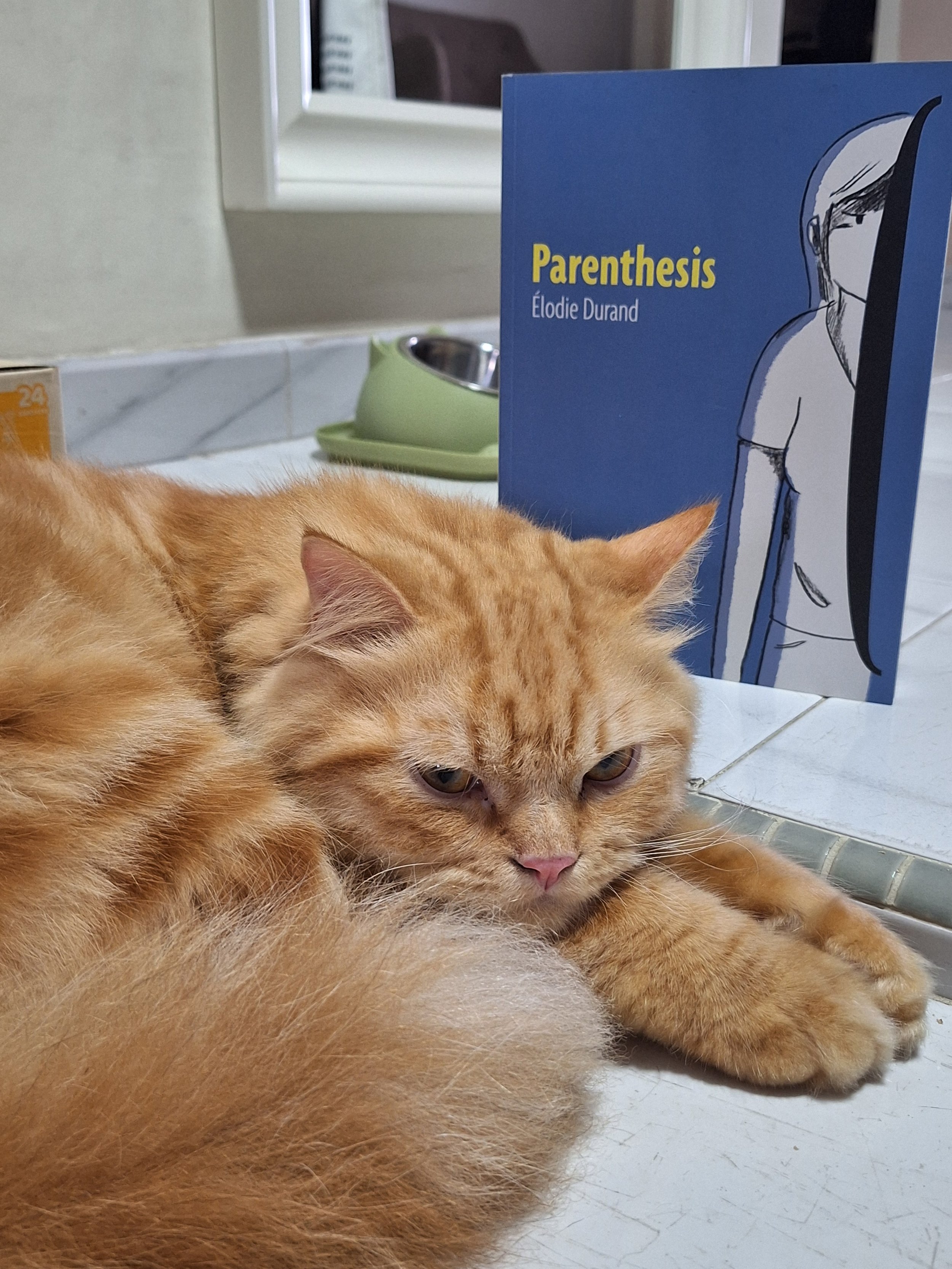
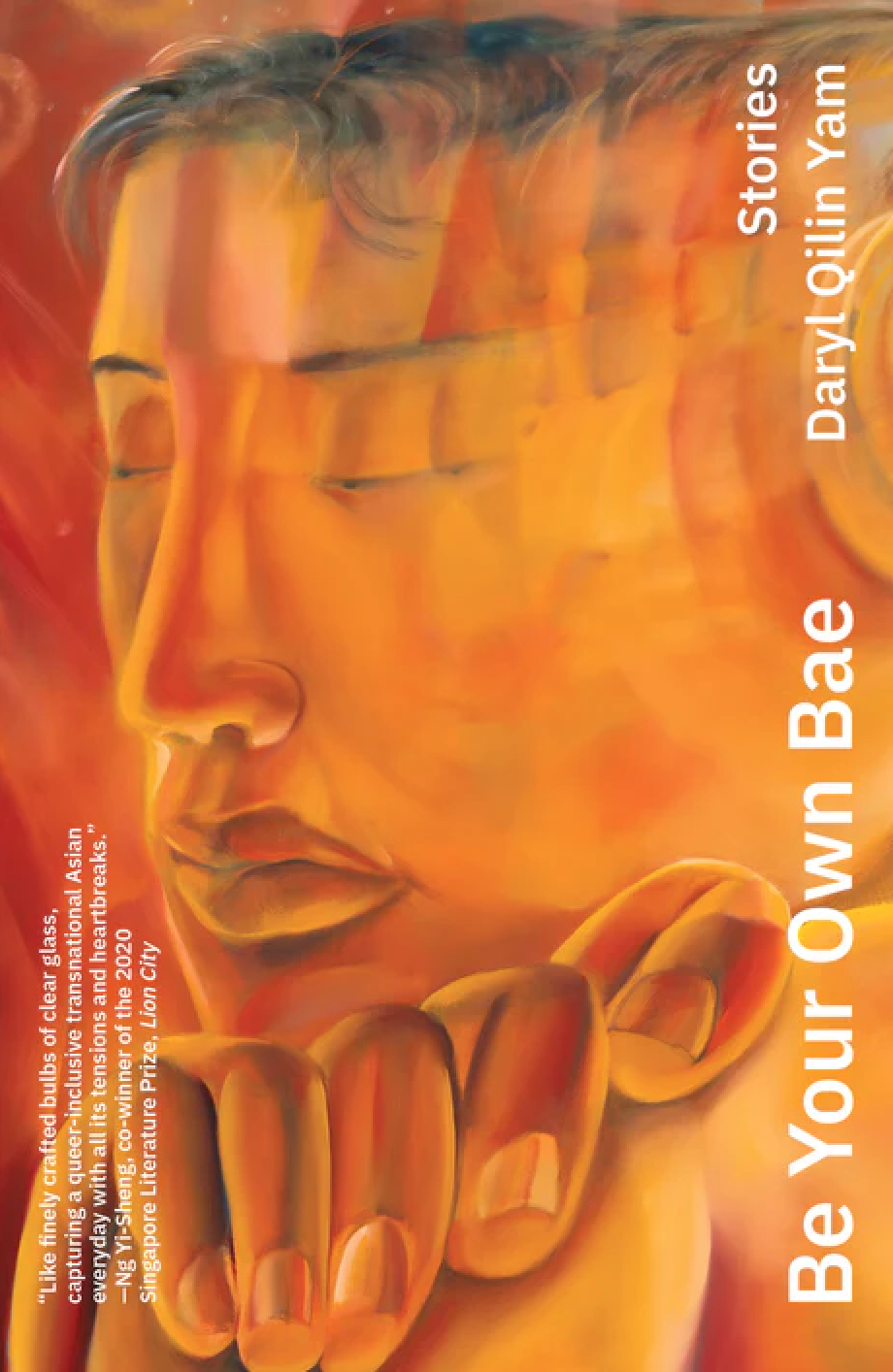
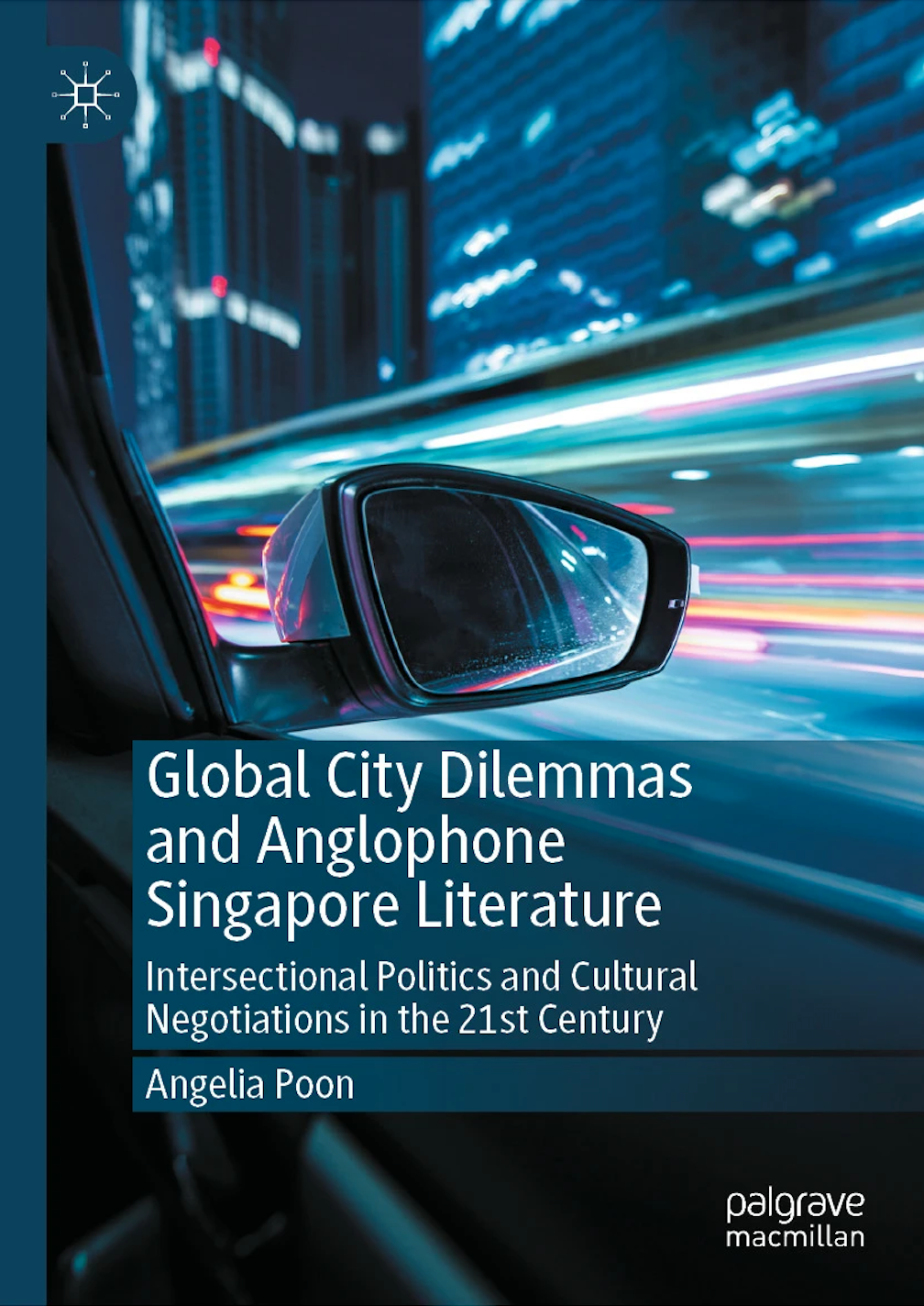




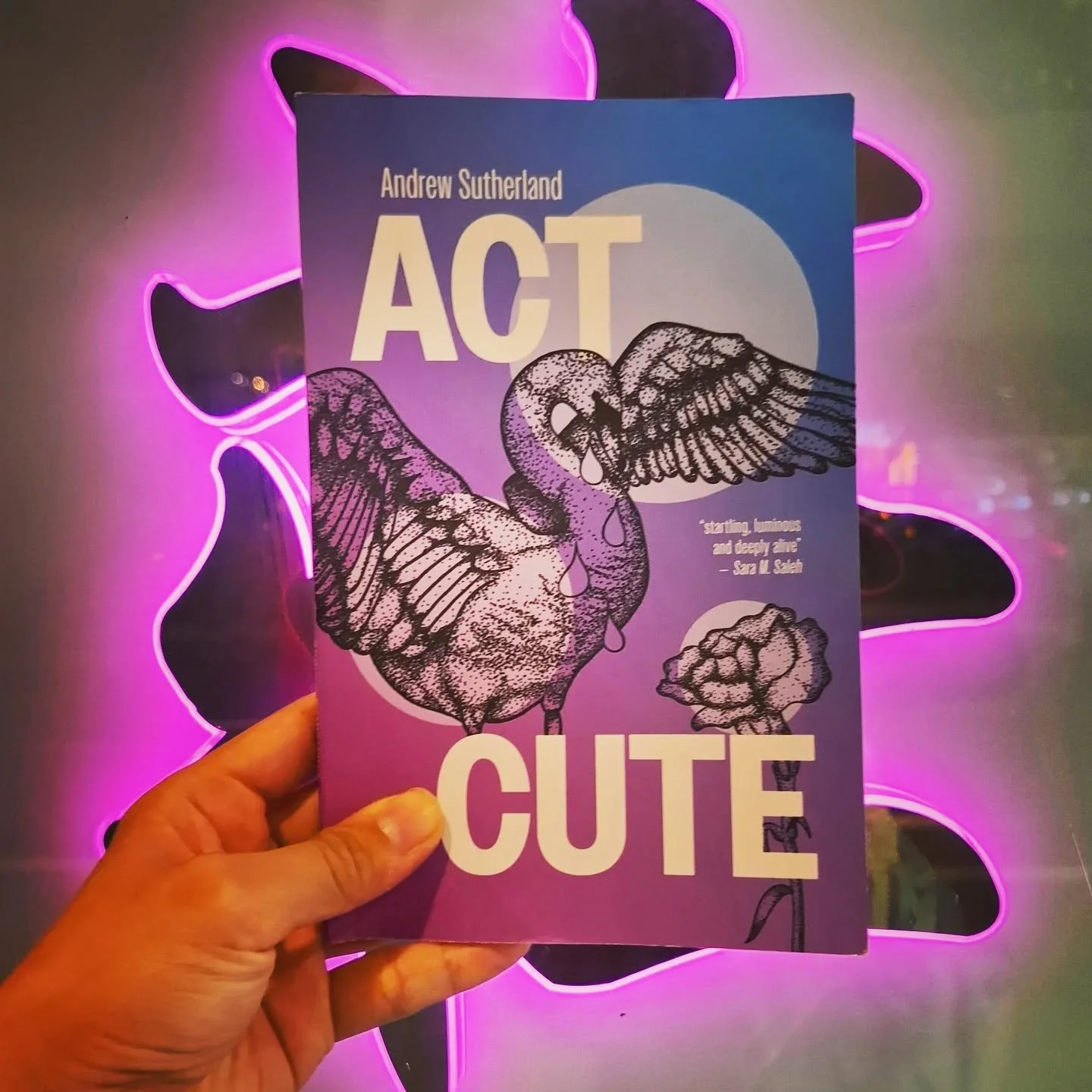
In Taiwan Travelogue, ‘twinned souls… are at once lost, but also found, in translation.’ A review by Eunice Lim.